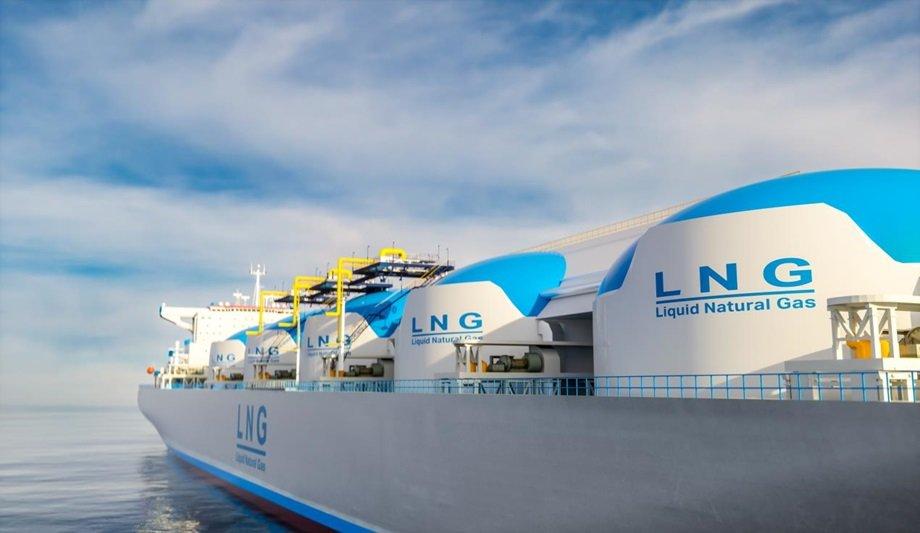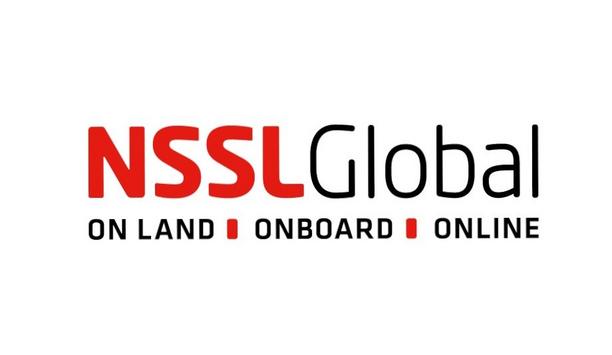Transportation of LNG entails complex decision-making processes that must be managed effectively to ensure operational efficiency and environmental compliance.
And LNG operators can take a lead in sustainable shipping by leveraging advanced data-driven technologies to enhance performance in this fast-expanding sector, says OrbitMI.
Green shift
The LNG business is at the forefront of the green shift in shipping as liquefied natural gas (LNG) is seen as an important transition fuel, given significantly lower emissions than conventional fuels such as diesel and HFO.
This is driving a wave of new building activity, with 371 LNG carriers currently on order in addition to the existing fleet of 693 vessels, according to Ifchor Galbraiths.
Unique operational challenges
Vessels present unique operational challenges as LNG requires specialised handling throughout the voyage
However, such vessels also present unique operational challenges as LNG requires specialised handling throughout the voyage, with continuous monitoring of cargo temperature and pressure to manage boil-off gas (BOG) dictated by strict protocols for safety and regulatory compliance.
The fact that LNG carriers use some of their cargo as fuel creates another special dynamic that impacts commercial planning, with fuel usage affected by factors such as current prices and voyage duration.
Route planning complexity
In addition, route planning for LNG carriers involves complex algorithms to account for fuel efficiency, time constraints, and the impact of weather on BOG generation, while proactive maintenance is dependent on predictive analytics.
The operational complexity of LNG shipping has a significant impact on compliance with environmental regulations such as CII and EEXI, going beyond charter party obligations.
‘Embracing complexity’
But OrbitMI CEO Ali Riaz says, “By embracing this complexity and leveraging advanced technologies and analytics, LNG operators can transform environmental challenges into opportunities for innovation and leadership in sustainable shipping practices.”
The NYC-based maritime software-as-a-service company is taking an innovative approach to solving the specific challenges of this sector with vessel performance management solutions that can be easily integrated within the complex data environments of LNG carriers, with multiple sensors continuously collecting data on cargo condition and engine performance.
Orbit Reporter application
With an easy-to-use interface and available integrations with high-frequency data sensors
The starting point for this integration is its Orbit Reporter application, a flexible cloud-based solution for noon and event reporting that captures essential data from multiple systems such as gas operating conditions, LNG inventory, water usage for steam plants, send-out reports, and emissions calculations.
With an easy-to-use interface and available integrations with high-frequency data sensors, Orbit Reporter minimises the risk of inaccurate data inputting with manual reporting.
Tailored solutions
The customisable application, with minimal installation requirements, can be tailored specifically for both LNG carriers and Floating Storage and Regasification Units (FSRUs).
OrbitMI thus caters also to the unique operational and data management needs of often overlooked FSRUs - such as cohesive reporting structures - that serve as floating import terminals and are a smaller but essential part of the LNG supply chain. Orbit Reporter gathers data to be fed into the Orbit platform, which unifies existing systems and data feeds in a single user interface to provide a comprehensive solution for the LNG sector to meet critical business requirements for optimisation and compliance.
Optimising LNG operations
“Optimising LNG operations for environmental performance requires an approach considering the entire voyage lifecycle, including fuel usage decisions, management of methane slip, and compliance with regulations,” Riaz says.
OrbitMI’s unique solutions for the LNG and FSRU markets cover a range of operational use cases, while its partnership with class society Bureau Veritas ensures these solutions remain compliant with new and evolving regulations such as EU ETS and FuelEU Maritime amid a constantly shifting regulatory landscape.











